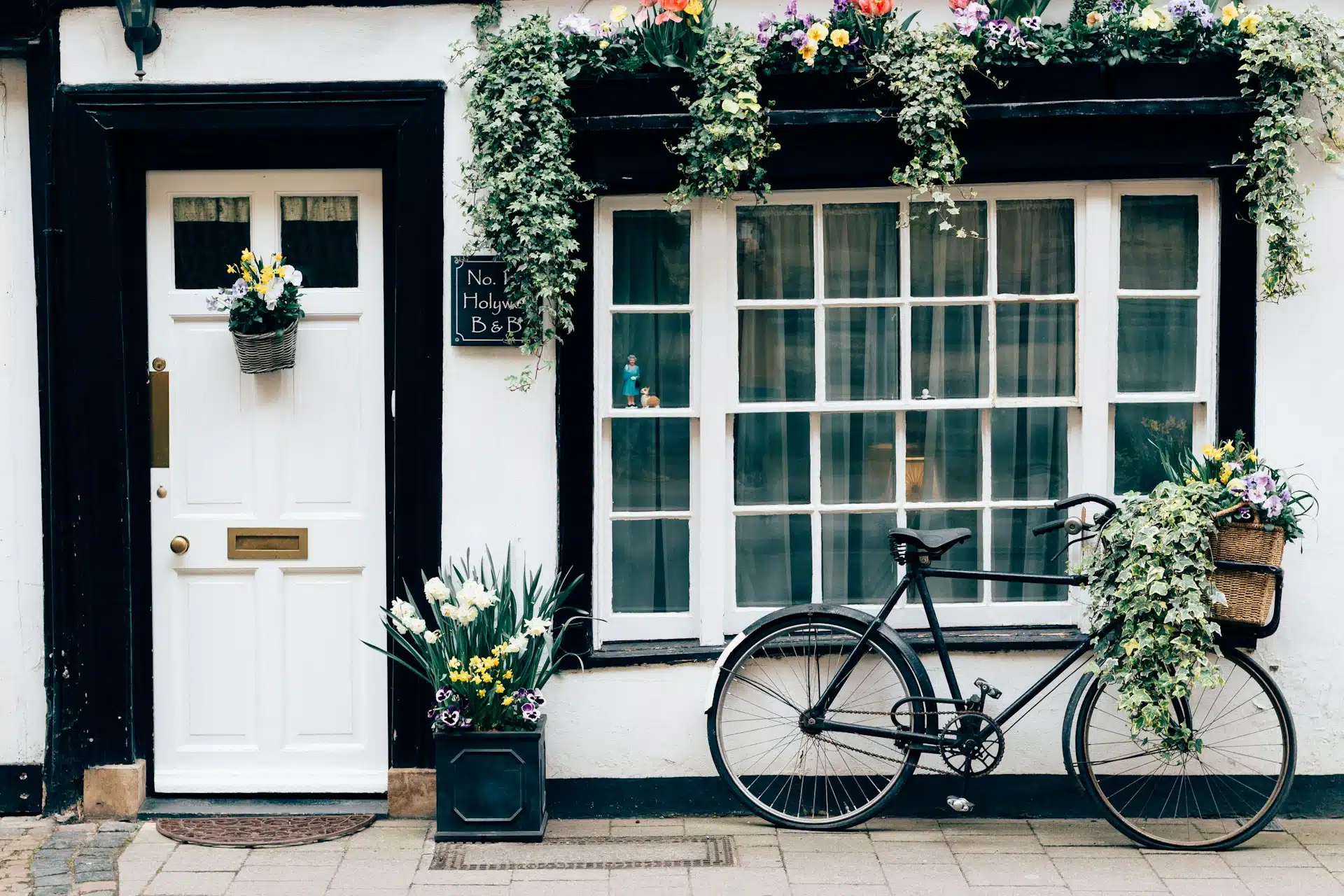The cost of living keeps going up and up and, as a result, more people are trying to weather the economic storm by starting their own businesses.
For those that own their own home, setting up a bed-and-breakfast (B&B) business can be a great idea to make the most of excess space. In this article, we explore the pros and cons of doing so and how you can get started.
The pros and cons of running a short-term let
Whether you’re using Airbnb or more traditional avenues of advertising your property, there are lots of benefits and some drawbacks of which to be aware before you jump in.
Pros
The main benefit when running your own B&B is the fact that you’re making money from the free space in your home. Instead of letting your space get filled up with clutter or gathering dust, you can host guests and earn hundreds of pounds of practically passive income while doing it.
You also get the added benefit of meeting new people passing through your home and, if you make it your full-time role, you can also run it as a family business, getting closer to them, too.
Lastly, you’ll have complete control over when you accept guests – you own the business, after all. And if you go full-time, you get to work both for yourself and at home; great benefits if you’re sick of the rat race.
Cons
There are, of course, some cons. The first is that you will need to be fully aware of and compliant with laws and regulations in the field.
There’s also no avoiding the fact that you will get bad guests from time to time, so you’ll need to have patience and a problem-solving mindset.
And as with any customer-facing business, there is always the risk that people staying in your property will cause damage. That’s just one reason to consider insurance for B&B businesses to make sure that your endeavour is protected.
How to get started with your B&B business
There are a few crucial things that every new B&B owner needs to do when setting up shop:
- Organise your home – Decorate rooms and organise them in a way befitting a B&B. Provide space outside rooms for guests to congregate away from your family areas and move precious belongings into storage to prevent theft. Make sure to draft house rules and terms and conditions, too.
- Know the law – Get up to date on all the regulations by which you’ll need to abide.
- Organise insurance – You’re opening up your property to increased risk so making sure that you’re covered in case the worst happens is vital.
- Market your B&B – Use platforms like Airbnb, set up listings on review sites and Google so that you can benefit from online marketing.
With the above steps, you should be well on your way to starting your own B&B business. Be sure to keep your customers’ needs met, and you’ll have a positive and productive business future ahead of you!

